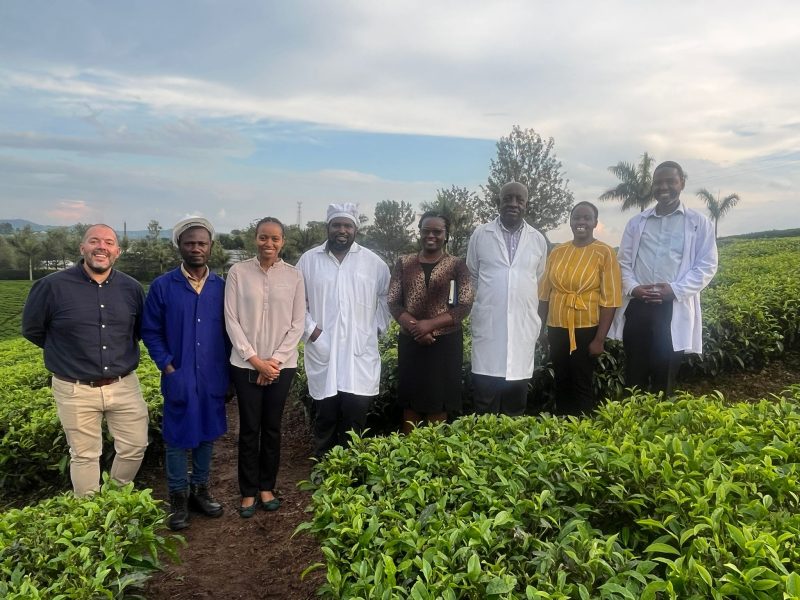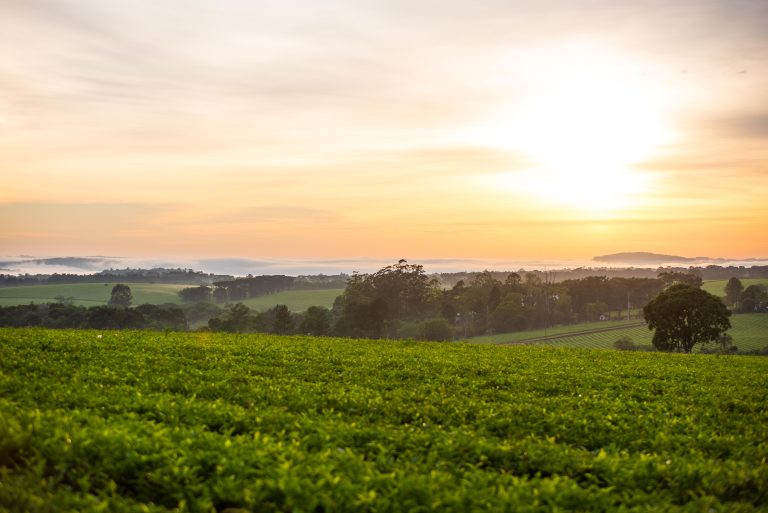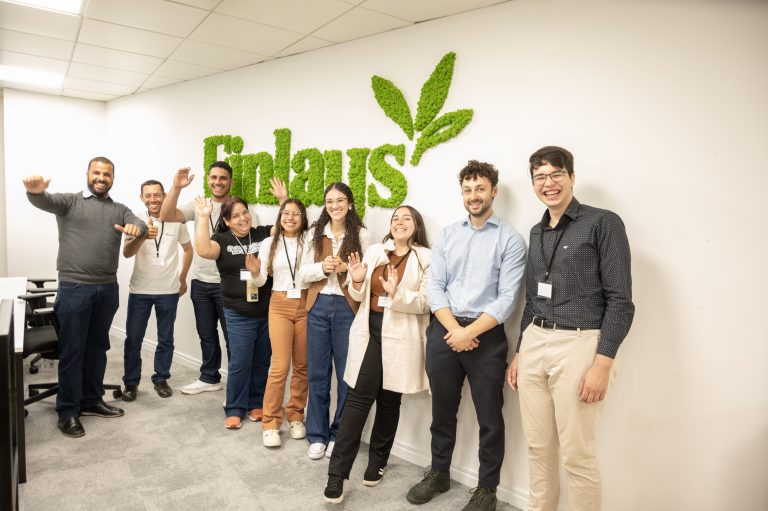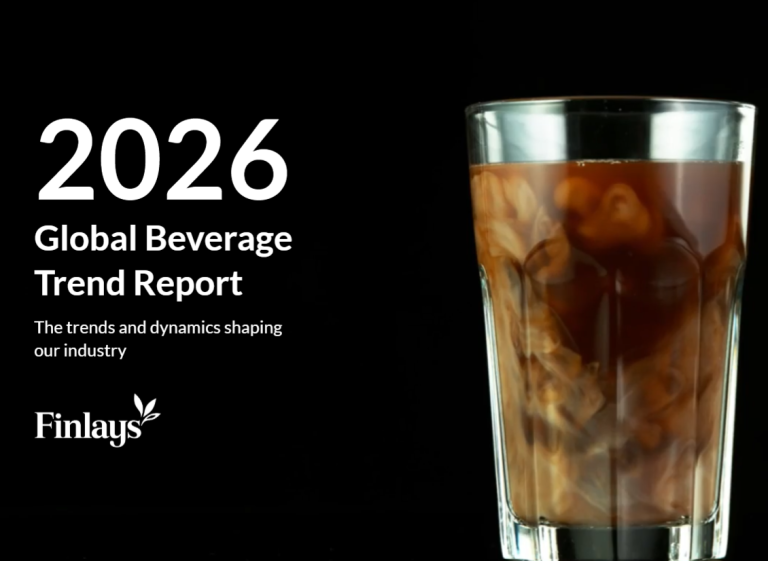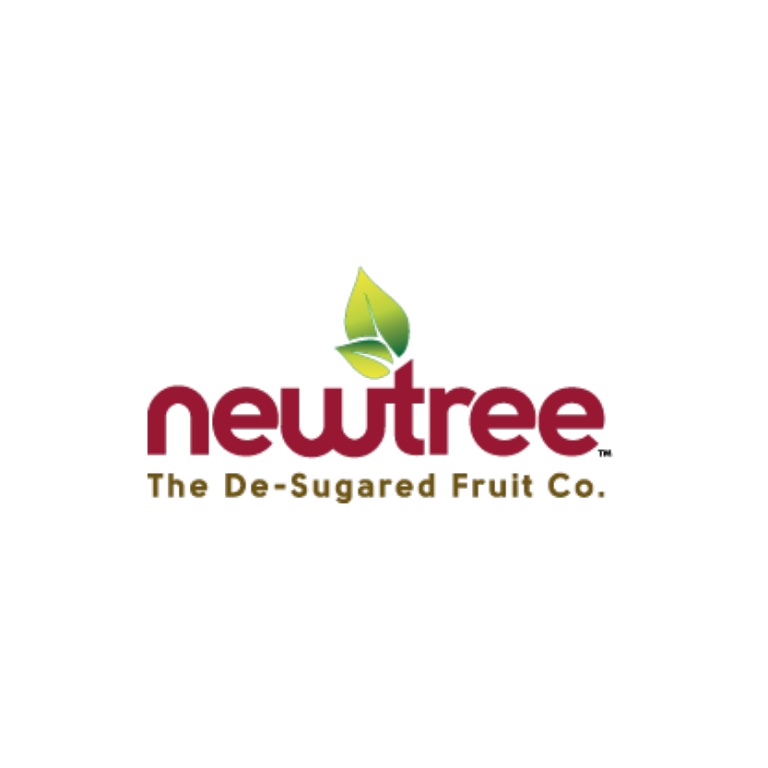Roberto Rodriguez Sabater, Supply Chain Sustainability Manager at Finlays, shares his key takeaways from his supplier visits in Kenya and Uganda, and how we are acting for the long-term to achieve sustainable and ethical sourcing.
In October, colleagues from Finlays Mombasa and I visited strategic suppliers in Kenya and Uganda. These visits were about far more than driving compliance, they were moments to connect, engage, and learn from our suppliers. They reminded us that behind every policy and process are the many people delivering for Finlays’ customers.
These visits gave us the chance to strengthen relationships with strategic suppliers, share knowledge, and align on priorities that matter not just for business, but for people, communities and the planet.
Finlays’ Sustainable Supply pillar, under our Sustainable Future 2030 strategy, is focused on achieving ethical and sustainable sourcing by 2030. Targets include 100% traceable tea and coffee by 2025 and ensuring all strategic suppliers are managed through our SRM framework by 2030. Our SRM program, built on compliance, performance management, and continuous improvement, provides a structured way to:
- Minimise risks by strengthening supplier relationships
- To drive value enabling transparency and audit readiness
- Aligns suppliers with our strategic sustainability goals and
- Helps ensure long-term success.
Key takeaways from the visit:
1. Open and honest discussions clarified Finlays’ Supplier Relationship Management Program (SRM) requirements and gave suppliers room to share challenges and propose solutions. Energy stability remains a major issue in Uganda, where frequent power outages and limited reliable sources affect production and food safety controls. Integrating renewable energy into Finlays’ Supplier Continuous Improvement Program will be key to sustaining progress and strengthening partnerships.
[Video] Finlays’ Nancy Gikonyo interviews one of Finlays’ partners on how moving to solar energy helped them lower costs and carbon emissions
2. Working together, we are improving visibility across the supply chain, reinforcing accountability and confidence in product integrity. Working with our suppliers, we have met 100% of made tea traceable to tea factory/garden mark and 100% of green leaf traceable to farm.
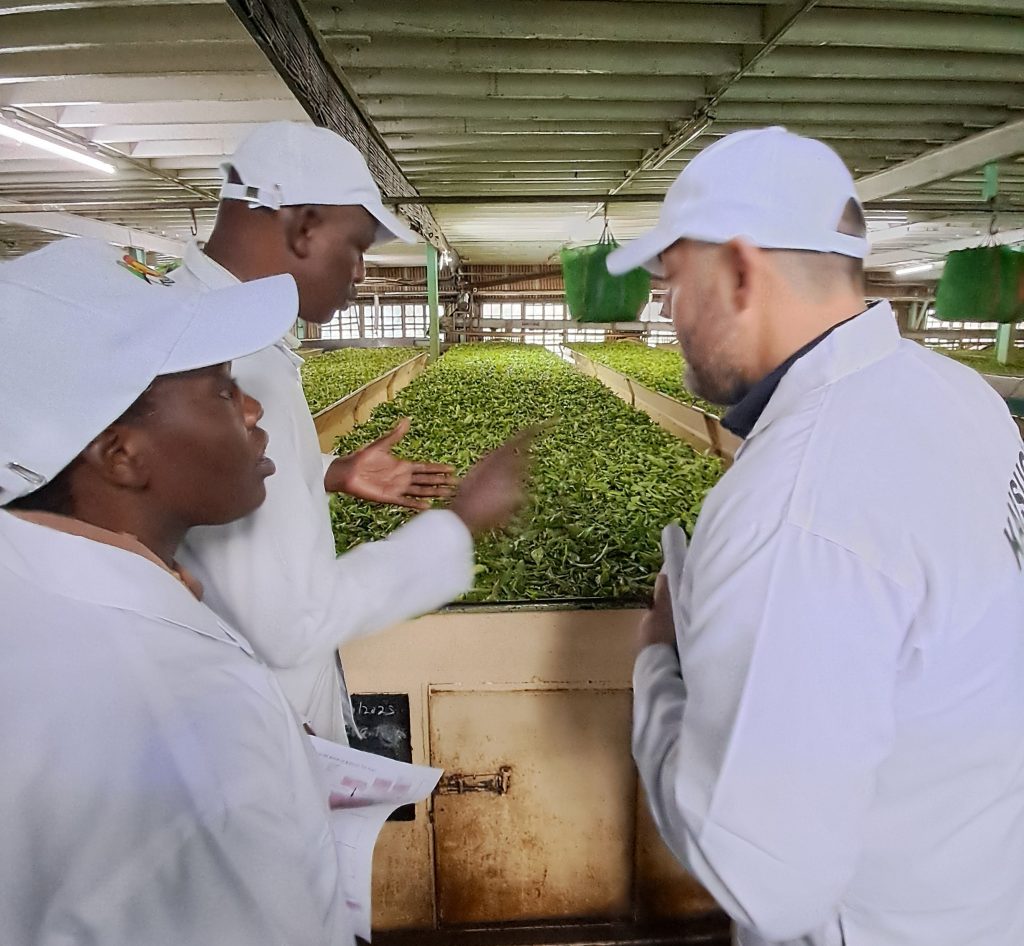
3. We explored fair wages and safe working conditions, learning and understanding local realities to ensure compliance with Finlays’ Sustainable Sourcing Policy, while identifying supply chain risks and where mitigation measures must be implemented.
4. Suppliers are willing to adopt best practices in areas such as foreign contamination control and quality consistency. Many were open to feedback and eager to implement improvements such as enhancing magnet controls, refining cleaning routines, and standardising processes to ensure product integrity. This proactive attitude, combined with ongoing support and training from Finlays, is helping to raise standards across the supply base and ensure compliance with food safety and quality requirements.
5. Transparent, and open communication of Finlays purpose and values is vital to meet and exceed sustainability, quality, and food safety expectations, ensuring we succeed together.
6. Climate change threatens the tea industry with unpredictable weather patterns, reducing suitable growing areas, lowering yields and quality, making adaptation essential for long-term resilience. Producers are responding by replacing old tea bushes with new varieties better suited to changing conditions and implementing soil conservation projects.
These visits remind us that the Finlays SRM Program is not just a strategy on paper, it’s a shared journey. By working side-by-side with our suppliers, we learn from each other and build a supply chain that protects people, ensures food safety, and delivers quality for all.
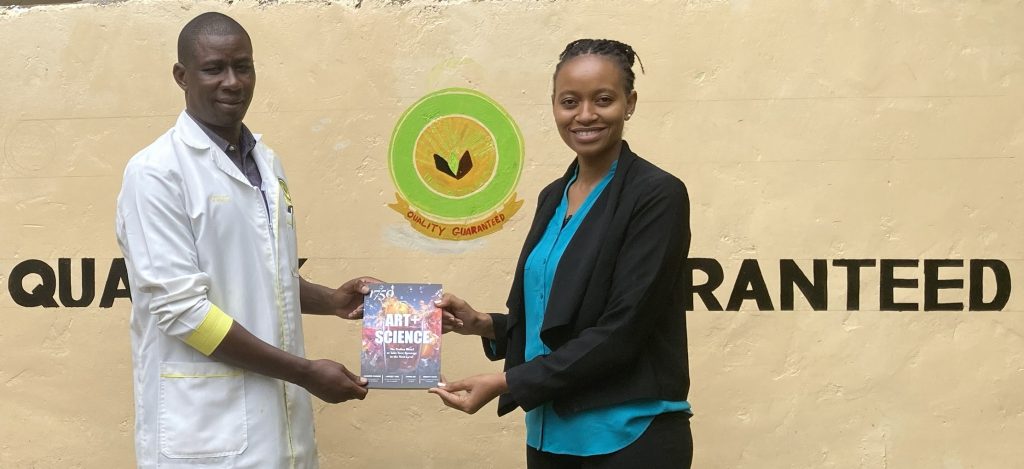
Ultimately, these efforts strengthen customer trust and reinforce our brand reputation. By prioritising sustainability, quality, and food safety at every step, we ensure that every product reflects our values acting for the long-term benefit of people and the planet.

